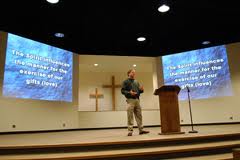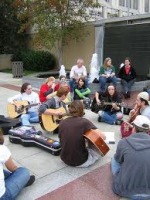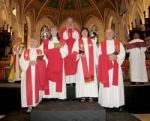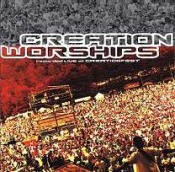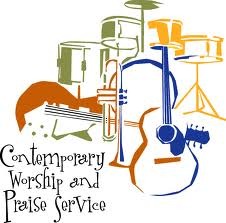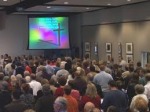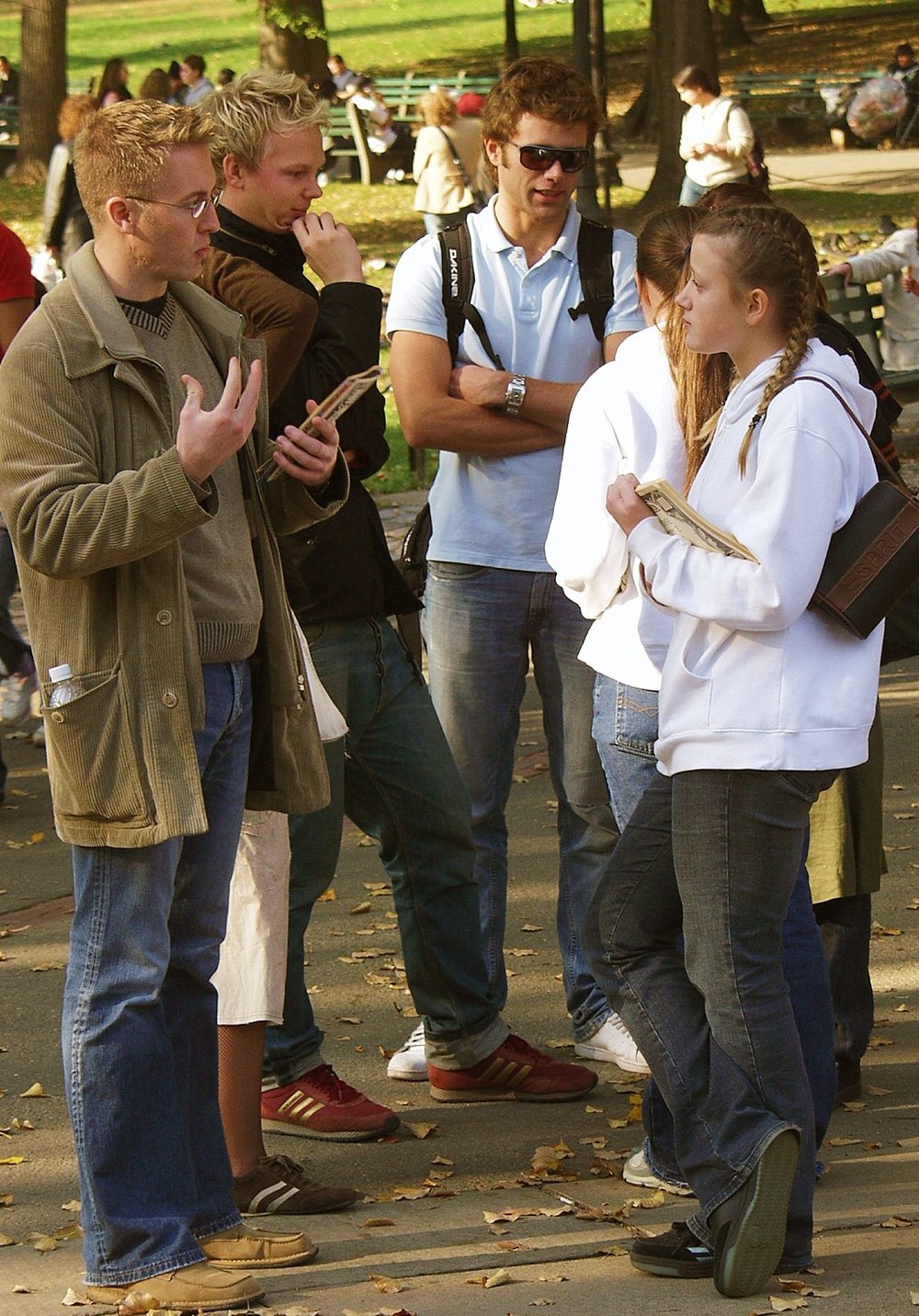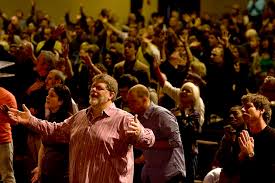 The Millennials Look For Ways To Express Themselves In Worship – Part II
The Millennials Look For Ways To Express Themselves In Worship – Part II
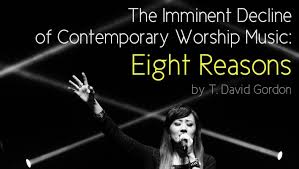 In his blog The Imminent Decline Of Contemporary Worships Music: Eight Reasons, (Oct. 27, 2014,) T. David Gordon wrote, “Thankfully, my own generation is beginning to die. While ostensibly created “for the young people,” the driving force behind contemporary worship music was always my own Sixties generation of anti-adult, anti-establishment, rebellious Woodstockers and Jesus freaks. Once my generation became elders and deacons (and therefore those who ran the churches), we could not escape our sense of being part of the “My Generation” that The Who’s Pete Townsend had sung about when we were young; so we (not the young people) wanted a brand of Christianity that did not look like our parents’ brand.”
In his blog The Imminent Decline Of Contemporary Worships Music: Eight Reasons, (Oct. 27, 2014,) T. David Gordon wrote, “Thankfully, my own generation is beginning to die. While ostensibly created “for the young people,” the driving force behind contemporary worship music was always my own Sixties generation of anti-adult, anti-establishment, rebellious Woodstockers and Jesus freaks. Once my generation became elders and deacons (and therefore those who ran the churches), we could not escape our sense of being part of the “My Generation” that The Who’s Pete Townsend had sung about when we were young; so we (not the young people) wanted a brand of Christianity that did not look like our parents’ brand.”
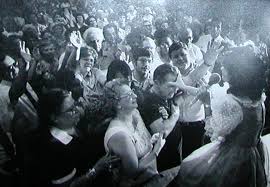 What drew many Baby Boomers who were “church kids”, like me, away from their institutional churches towards the Jesus and Charismatic Movements often were the forms of worship we witnessed, when God’s Holy Spirit, the Spirit of Jesus Christ, fell on his believers individually and corporately. I had never experienced the masses “singing in the Spirit” in heavenly harmony until in the midst of a charismatic worship experience. The beautiful, rich, four part, a capella harmonies of hymn singing could not capture the harmonies and intimacy of worship found in this unique corporate expression!
What drew many Baby Boomers who were “church kids”, like me, away from their institutional churches towards the Jesus and Charismatic Movements often were the forms of worship we witnessed, when God’s Holy Spirit, the Spirit of Jesus Christ, fell on his believers individually and corporately. I had never experienced the masses “singing in the Spirit” in heavenly harmony until in the midst of a charismatic worship experience. The beautiful, rich, four part, a capella harmonies of hymn singing could not capture the harmonies and intimacy of worship found in this unique corporate expression!
I had experienced superb singers singing “special music” before the sermon, but never experienced the richness of a common believer being given an original tune with lyrics by the Holy Spirit while being accompanied by musicians who had never heard the tune before either until I witnessed it at a charismatic worship service.
 At Love Inn in Freeville, New York, I witnessed someone sing an original “new song” accompanied by Phil Keaggy and his band while a lady interpreted the song through dance, all at the same time, all original, never rehearsed.
At Love Inn in Freeville, New York, I witnessed someone sing an original “new song” accompanied by Phil Keaggy and his band while a lady interpreted the song through dance, all at the same time, all original, never rehearsed.
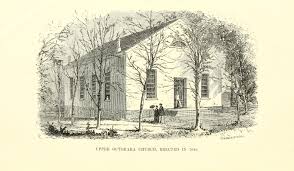 At Jim Brown’s Saturday night Prayer and Praise Meeting at Upper Octorara Presbyterian Church in Parkesburg, PA, I heard a lady sing The Lord’s Prayer, not in the traditional way, but in an entirely original tune that the Lord gave her which powerfully impacted everyone present.
At Jim Brown’s Saturday night Prayer and Praise Meeting at Upper Octorara Presbyterian Church in Parkesburg, PA, I heard a lady sing The Lord’s Prayer, not in the traditional way, but in an entirely original tune that the Lord gave her which powerfully impacted everyone present.
Over the years I have heard prophetic words given through song rather than just being oral. I even witnessed people being ministered to personally through musical instrumentation without lyrics. The Holy Spirit is a creative spirit and will manifest and lift up Jesus in many forms that are nontraditional to us.
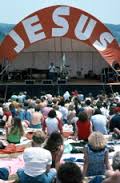 I remember sitting on my blanket at outdoor Jesus Rallies in the ‘70’s & 80’s, listening to contemporary Christian bands, discerning if their audience was heavenward or directed to those in front of them. Very few bands directed theirs truly heavenward, but when they did, an incredible worships experience occurred. I have seen a heavy Christian rock band hold their closing note at an incredible decibel level in the midst of an incredible worship experience. It is hard to explain.
I remember sitting on my blanket at outdoor Jesus Rallies in the ‘70’s & 80’s, listening to contemporary Christian bands, discerning if their audience was heavenward or directed to those in front of them. Very few bands directed theirs truly heavenward, but when they did, an incredible worships experience occurred. I have seen a heavy Christian rock band hold their closing note at an incredible decibel level in the midst of an incredible worship experience. It is hard to explain.
So my question to the Millennials is, “What kind of worship are you seeking: high quality professional music, superbly written lyrics, well staged and professionally lighted, with top quality professional musicians and singers, or common, ordinary, believers, like you and me, jointly willing to do whatever the Holy Spirit tells us to do, even if it is out of the ordinary, out of our current comfort zones, totally original, unscripted, fresh and new. Are we willing to just be vessels of His love, His grace, His Mercy, and His voice through obedience to the Holy Spirit? If so, Millennials too can experience supernaturally natural worship!






















